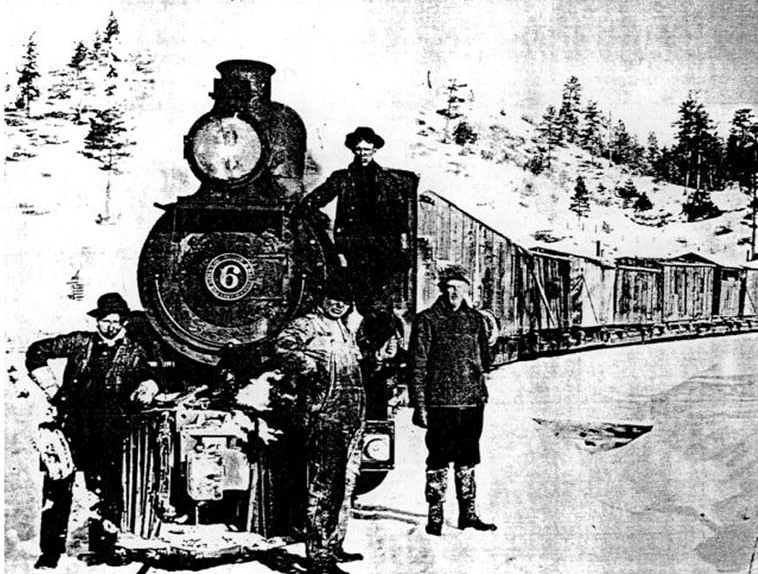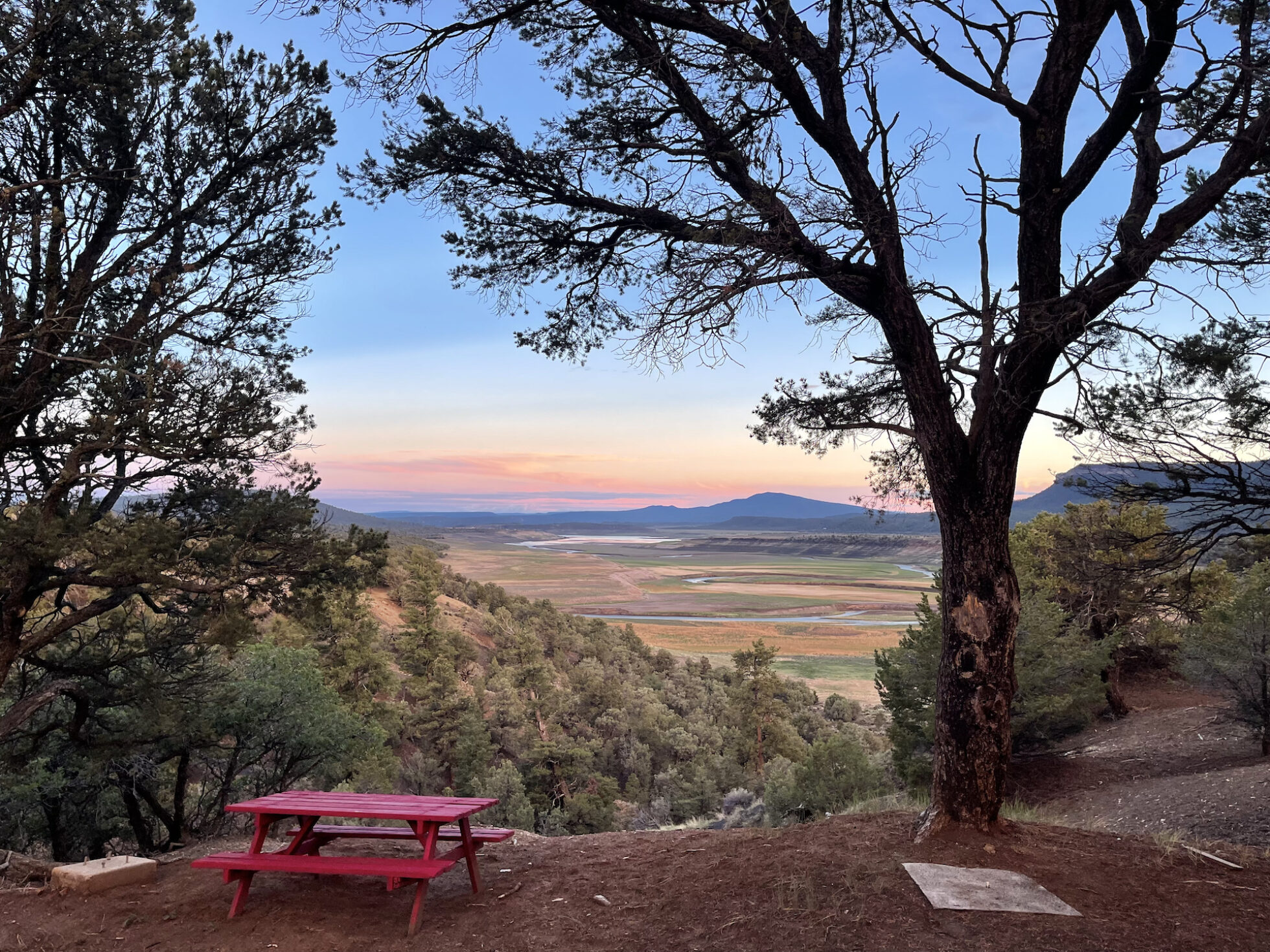About Stone House Lodge Campground
Cabins, RV, Camping, Fishing, Water Sports
Cabins, RV Campground, Camp Sites, Fishing & Tackle, Convenience Store, Kayak, Paddle Board and Bike Rentals:
We have five individual cabins. The cabins have been recently renovated and have electric, hot water, kitchen, cooktop and beautiful views of El Vado.
Our RV sites are spacious long level pull-throughs and have access to water, septic and electricity. Our Premium RV sites are secluded with mountain and lake views. Community showers and restrooms available.
Our Camp Sites are secluded and peaceful with mountain and lake views. Some of our campsites are have electric.
Our campsite amenities include fishing tackle shop, minimart, picnic tables, BBQ grills, fire pits, bikes, kayaks and paddle boards.

Campground Park Map
Site prices include up to 6 people per site and 2 licensed vehicles (including all trailer types). You may request a specific site, however site numbers are not guaranteed.
For guests who may arrive outside of our usual business hours, your reserved site information will be available via a posted envelope on the Registration Building window. The next morning, please stop by the Office again to complete the check-in process.
Special Features
Fishing license, tackle and the local's secrets to the best fishing spots in the area.
Heron and El Vado Lakes offer excellent conditions for Paddle Board & Kayaks.
Our onsite Activity Coordinator will coordinate fishing, river rafting, hiking, biking and seasonal hunting tours.
Bike and biking gear rentals
Campground shared showers and laundry
Snacks, water, soda, firewood, ice, supplies, souvenirs, gifts.
Frequently Asked Questions
We welcome your non-dangerous breed pets! Please plan on leashing your pet when in the common areas.
We abide by forest service restrictions when in place.
El Vado - A History


It is hard to believe a century ago a great pine forest covered the valley now filled by El Vado Lake, or that it once was the site of northern Rio Arriba County’s largest town, El Vado.
Beneath the lake lies what is left of El Vado, a lumber town where two hundred workers lived and labored in the early 1900s. It was an important trading center on the Rio Chama for two-and-a-half decades. In Spanish, the name means “the crossing.” In it’s heyday, El Vado was home to the powerful New Mexico Lumber Company, the large company sawmill, a box factory, dry kilns, machine and blacksmith shops, a mercantile, a roundhouse and rail line that connected to the Denver & Rio Grande.
However, by 1921 the ponderosa pine forests that fueled the sawmills were gone. The town was essentially packed up on the train and moved north to harvest timber in McPhee, Colorado.
In 1933 the Middle Rio Grande Conservancy District began construction of the El Vado Dam. It was during this time that the Stone House was built, possibly to support the construction. The dam was initially constructed to store irrigation water to honor Native American water rights of the six Middle Rio Grande Pueblos. It now serves for storage and flood-control purposes. An 8 kW power generation facility is incorporated into the dam, operated by the County of Los Alamos.

